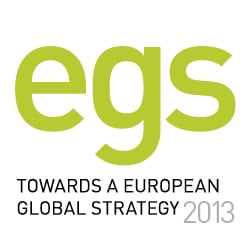After several months of intense work, the European Global Strategy (project led by four European think tanks: Swedish Institute of International Affairs, Istituto Affari Internazionali, Polish Institute of International Affairs y Real Instituto Elcano) was finally released on 28 May.
It’s no secret that EU enlargement is one of the key issues for Europe’s the short- and long-term future. What will happen with countries such as Iceland, those of the Western Balkans or Turkey?
The EGS advocates continuing the process of enlargement to all of these countries, as long as they fulfill the Copenhagen criteria. The expansion of the Europe’s borders would enhance the EU’s credibility and global standing, in addition to bolstering its internal market (with Turkey alone, the EU’s population would increase by around 80 million), improving its energy security and, ultimately, promoting its long-term interests.
Nevertheless, the focus of the EGS is on Turkey itself. As an early membership appears unlikely, both parties -the EU and Turkey- “should agree an enhanced political partnership”, which among other things, would allow a greater degree of cooperation in the field of foreign and security policy. It is important to clarify that this new partnership would not be an end in itself but a way of accelerating Turkey’s “convergence with EU values and interests while bringing greater stability and prosperity to its neighbourhood and beyond”.
Current events in Turkey are actually an opportunity that should not be wasted by the Erdogan government. Some EU member states and many of the Union’s citizens still have reasonable doubts about Turkey’s commitment to European values. Therefore, a credible change, with Erdogan reversing his stand against the demonstrators while following the recommendations of the international community would not only restore calm but also reinforce the view of Turkey’s democracy being compatible with European standards.


